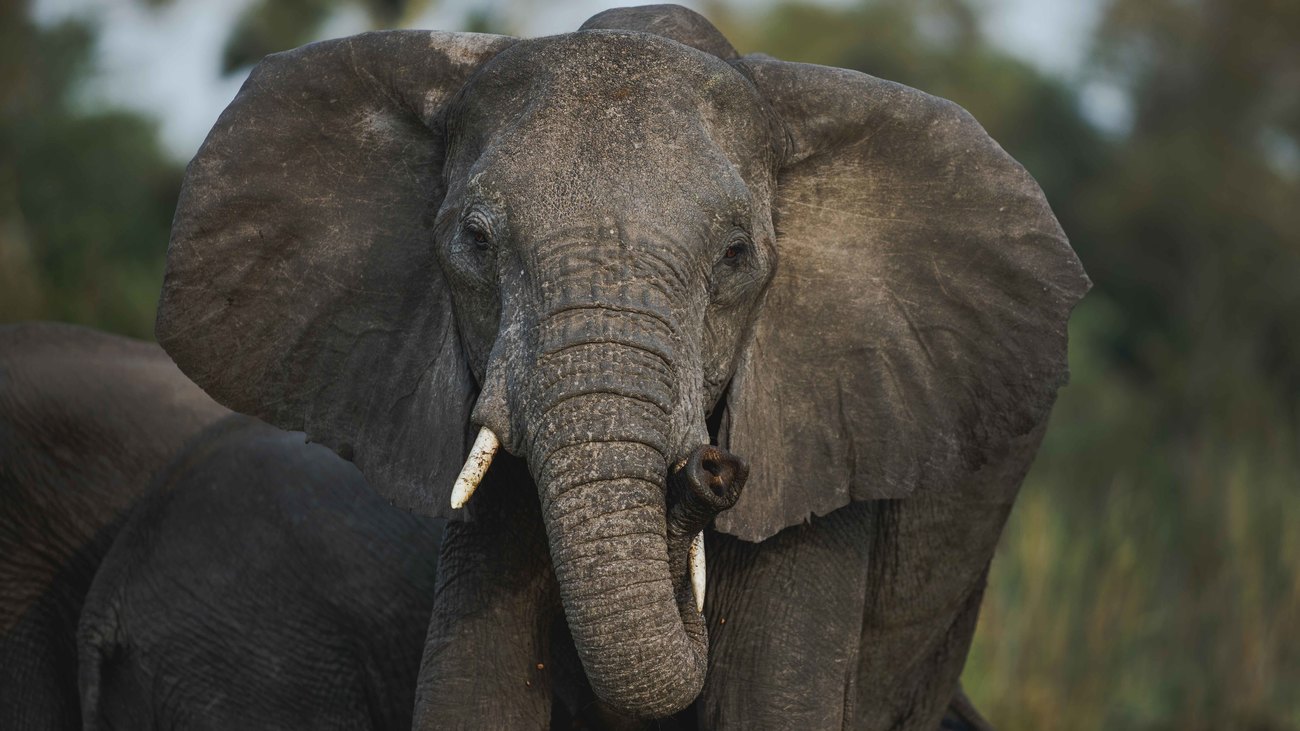Azzedine Downes
I have never been satisfied with just fighting the good fight. We need to actually make a difference.
consider a new paradigm with nature: coexistence

History is laden with an underlying mythology of the immense human struggle to exist, a 'push and pull’ across cultures, countries, resources and boundaries, both natural as well as those that are man-made. It is this notion that we must fight for survival that perhaps most closely reflects our shared relationship with the natural world around us, for better or worse. The fallacy here is 'man versus nature’, built into our ethos and even our science, in part thanks to Darwin. But look at us – much of the world has been upended due to COVID-19, the latest in a long line of human diseases — diseases that are described as zoonotic, meaning they originate from animals. And it is man’s seemingly insatiable exploitation of wildlife that has been a key driver in this precarious situation we find ourselves in today.
Sadly, as much of human society furthers its dystopian disconnection from nature and wildlife in favor of a human-centered and cyber-connected world, nature itself is more often treated as an ‘escape’ or a ‘conquest’ rather than a fundamental component of who we intrinsically are as beings. Scourges such as the current pandemic will continue to arise — as jarring and immensely humbling reminders of our inextricable connectedness to the natural world. We tend to think we can dominate or even ignore it. But we need to think again. We need to start anew.
At this inflection point, faced with this current and harsh reality, I am reminded of the critical yet oft overlooked concept of coexistence. As elegant in its simplicity as it is in its revelation, it is the fundamental premise that both animals and people thrive in unison, not as competitors, but as cohabitants. That by compromising with nature rather than continuing to attempt to conquer it, we can best ensure our continued survival.
The notion of genuine coexistence between humans and animals in particular is challenging for some to accept. Many consider it a binary choice — save one or the other’s proposition, with little middle ground. But the reality, as I see it, is far different. The world we live in is one in which people save animals and people need animals – we cannot survive without them. When we make the effort to conserve those animals and the habitats they need to survive, we are in essence, saving ourselves. It is our duty to re-examine our place in the natural world. The spectrum of human reliance on animals is breathtaking. From a basic subsistence level to a more compelling desire for companionship to an even more deeply-rooted philosophy based on ‘deep ecology’, where all living beings possess inherent worth, mankind’s connection to animals is irrefutable. Their survival without man is all but guaranteed. Our survival without them is completely and utterly implausible.
A paradigm shift this fundamental is difficult for us to imagine. So where does this leave us on the question of if — and how — we embrace the concept of coexistence moving forward? We might believe that the choice once again is binary. We can enter a period of fundamental self-reflection where we alter our course and prioritize the common good. Or, we can continue to pursue our self-interested ends, while we wait for the broader global community to wake up and change. The outcome has yet to be determined, but perhaps there is indeed a middle path.
I believe that this middle path involves embracing more universally accepted concepts such as sustainable health. On this path, we strive to ensure that the natural environment and the human environment are both healthy, and the needs of the immediate crisis and the current generation are met without compromising the ability of future generations to do the same. For only a society that is truly and 'comprehensively’ healthy is one that will have the greatest chance for achieving sustainable progress, for once easing the constant ;push and pull’ so prevalent in human history. And, through these intermediate steps, we begin to embrace coexistence as an essential stepping-stone in our journey and not solely the final destination.
And lastly, but no less important, we need to expand our notions of what makes us human. Human society has long recognized the value of community, the critical nature of a shared purpose. But our definition of community is too narrow given the world we live in today. I submit that now is the time that we expand our notions of what makes us a community to embrace coexistence with animals and include the natural environment as an equally essential component of this community. We must care for it, and its health, as if it were our own. Because ultimately, it truly is.
-Azzedine Downes, IFAW President and CEO
Azzedine Downes
I have never been satisfied with just fighting the good fight. We need to actually make a difference.
Our work can’t get done without you. Please give what you can to help animals thrive.
Unfortunately, the browser you use is outdated and does not allow you to display the site correctly. Please install any of the modern browsers, for example:
Google Chrome Firefox Safari